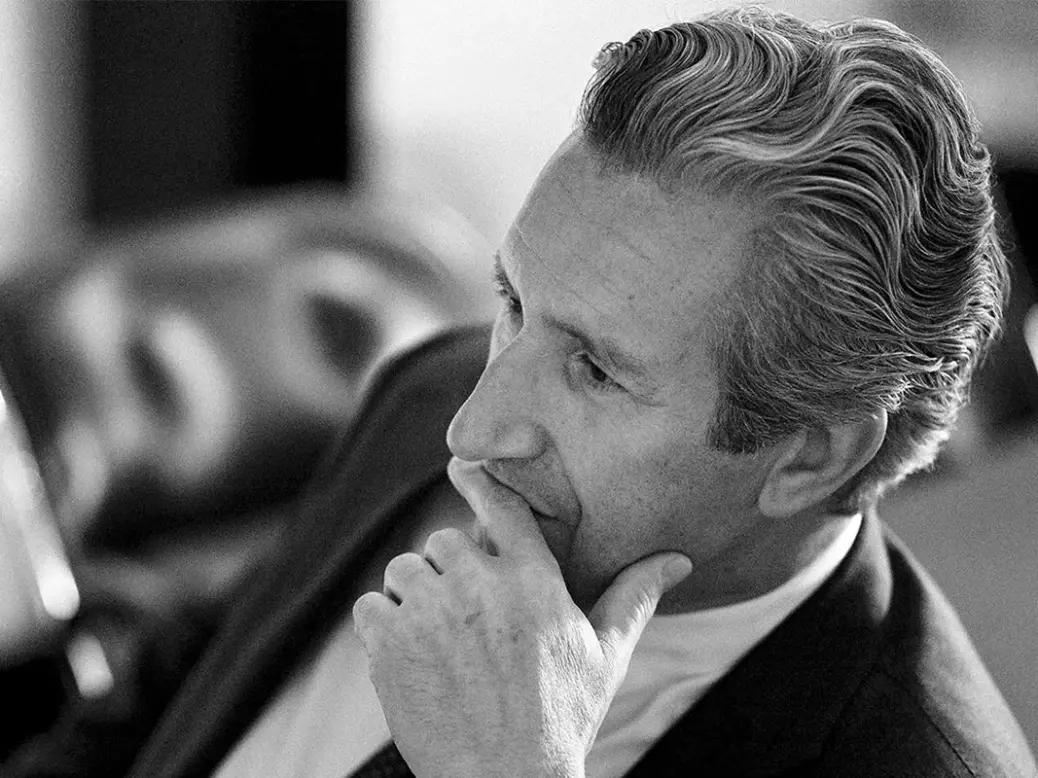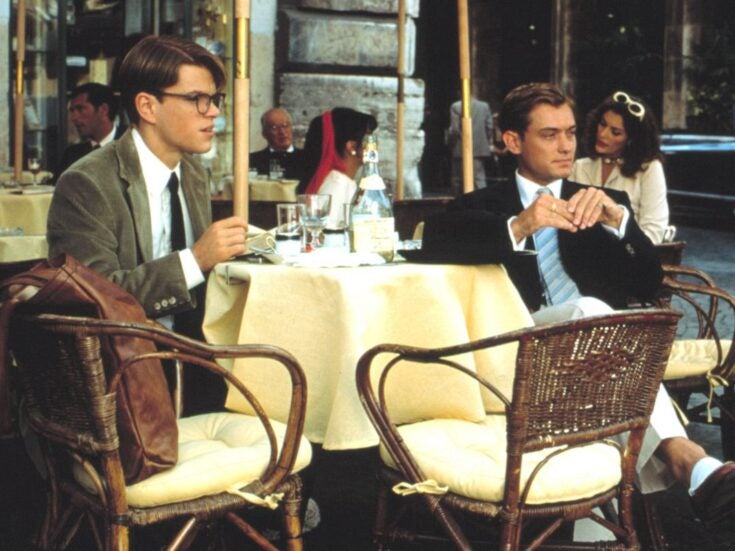
Usually writing for Spear’s is an unalloyed pleasure. I am lucky enough to enjoy what I do for a living, and I am fortunate that the sainted editor Edwin Smith will permit me to write about all sorts of topics: whether extrapolating oblique thoughts about Covid from study of a 1971 photograph of Dean Martin in Las Vegas taken by the late Terry O’Neill, or recounting my first tentative steps into the world of brand ambassadorship.
[See also: Why New York’s private members’ clubs have everyone talking]
Very seldom do I view my contributions as a duty, but this occasion is an exception. Regular readers of what I hope are vaguely coherent ramblings might remember that last year I wrote about having dinner with architect and designer Thierry Despont in New York. It was a typically amusing evening at the Casa Cipriani, the stately pleasure-dome that he conjured up and carved out of the old Staten Island ferry terminal. That was the last time I saw Thierry. We were to meet in London this autumn, but over the summer I received a call saying he had died.
Sadness aside, my initial reaction was one of surprise. Granted, Thierry was in his mid-seventies, but regrettably I find myself at an age at which that seems ‘not so old’. I am sure I have read that it is the new 50, and in time I confidently expect it to become the new 40. But he had only just lost his parents, so genetically he seemed to have been dealt a winning hand and moreover he had just passed one of those exhaustive American medicals. I kept finding myself thinking Thierry was the sort of person who was just too busy to die.
[See also: Has Nick Foulkes finally realised his brand ambassador ambitions?]
I have to thank John Ceriale for introducing me to him. Ceriale ran the hospitality arm of Blackstone and caused a revolution in London hotels, buying and completely revamping what was then the gerontocratic Savoy Group. He looked and sounded as though he was auditioning for The Sopranos.
‘I never tried to be English, I tried to be myself and was accepted,’ he once told me. ‘But there was a big “wait and see” attitude because we were tampering with institutions.’
And boy, did Ceriale know how to tamper. This was around the time when the lustre of New Labour, Cool Britannia and Swinging London 2.0 was still bright… when Patsy Kensit got into bed with Liam Gallagher for Vanity Fair. We had YBAs, we had Britpop, we had alcopops… and we had Ceriale, who moved the Savoy Group (which included Claridge’s, the Connaught and the Berkeley) from the early 20th century to the early 21st.
[See also: Why ‘stealth wealth’ is over. Unless you’re being ironic]
He moved Gordon Ramsay from Royal Hospital Road to Claridge’s, he took awkward unused spaces and opened funky little cocktail bars that, if I recall correctly, became the highest-grossing food and beverage operations per square foot in the West End. And he brought Thierry Despont to London.
Looking back on it now, I feel a bit like Wordsworth did about the French revolution: ‘Bliss was it in that dawn to be alive, but to be young was very heaven’ and all that.
Hiring Thierry was genius. He understood history, which was handy when transforming Claridge’s, and he understood the modern rich, whom Ceriale wanted to attract. First, he revamped the lobby of Claridge’s for a fee rumoured to be $1 million, and Ceriale clearly thought he had snagged himself a bargain because he was brought back to continue his work. Even if Thierry had not been erudite, witty and astonishingly good company, I would have liked him anyway, because just off the main lobby of the hotel he created a leather-walled cigar bar.
Until then, Thierry Despont had been a largely American phenomenon. He had started at the top, restoring the Statue of Liberty during the Eighties – an achievement about which he was obviously proud (he had a maquette in his office) but about which he used to be engagingly self-deprecating, flicking any praise away by saying something like: ‘Because I restored the Statue of Liberty, people say “he can do my kitchen”.’ What he would leave unsaid was that the people for whom he was ‘doing kitchens’ included Bill Gates, Mickey Drexler and Calvin Klein.
[See also: Nicholas Foulkes: My lifelong love affair with Geneva]
But Thierry did not need to brag about his clients. I always had the impression that he was well enough aware of his extraordinary talent to dodge both the Scylla of namedropping and the Charybdis of false modesty. He was secure in his own world.
To see what that world looked like, all you had to do was to leave his office in Tribeca and stroll round the corner to visit what was in effect a 21st-century Wunderkammer crammed with bizarre and beautiful objects: taxidermy, rare books by early astronomers, his own paintings of planets, steampunk insects of his own creation, a Bleriot-era aircraft and a machine that belched out clouds of steam. He understood the decorative effect of everything, even steam, and he once told me how he had presented an architectural model of a client’s house in a room full of mist, which gradually cleared to the strains of a Gershwin melody. The client cried and then asked for an encore. He was a master of the theatrical, a stage director of immense vision founded on a complete mastery of detail.
After Claridge’s he went on to work on numerous projects in London. Some of them, like the Old War Office, were immense. Others, such as the redesign of the Beaumont, were more boutique. But it was a residential project that he was going to show me this autumn: 60 Curzon Street, an apartment building that translated the decades of experience in hotel design into a residential context, taking the hotel suite and turning it into a private residence that was all designed by him, right down to the stationery.
And I must admit to feelings of envy, as those lucky enough to get one will be living in a jewel-like work of art created by one of the masters of our times.






